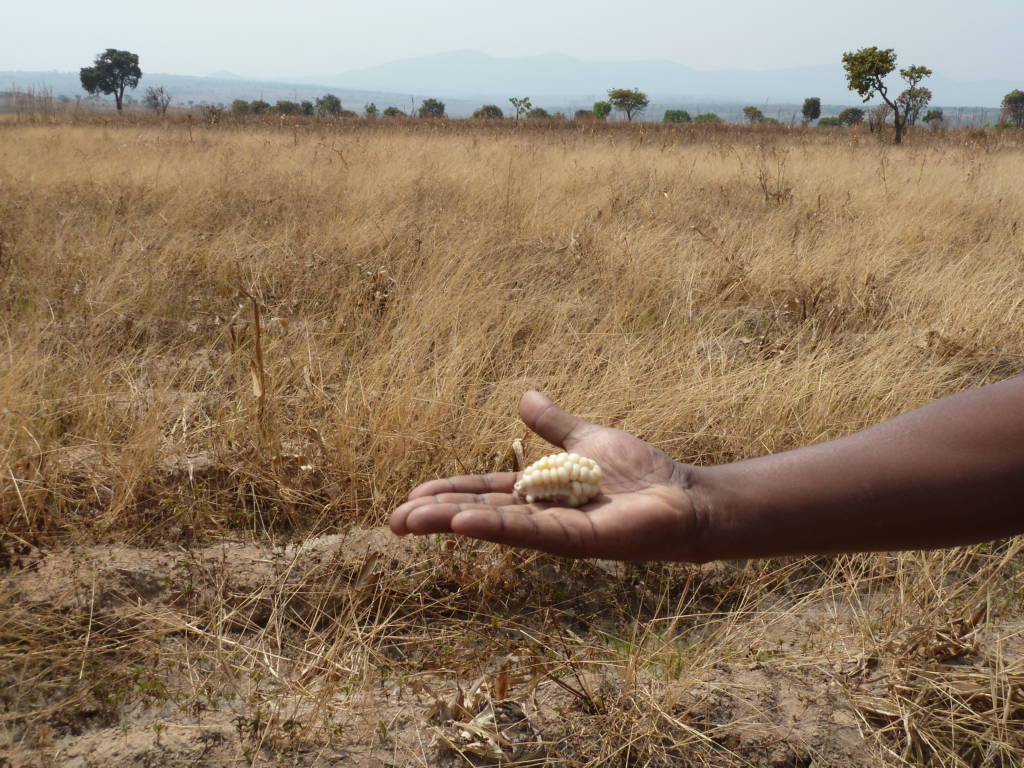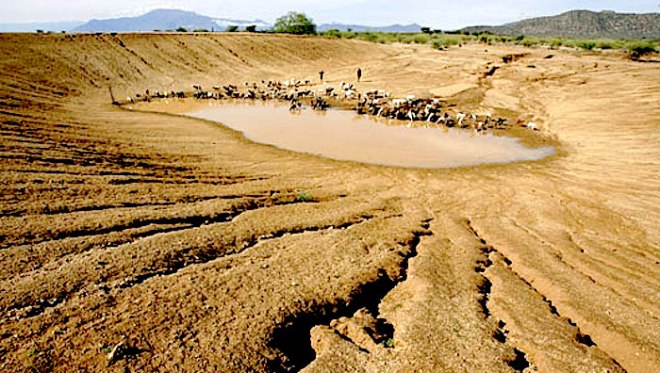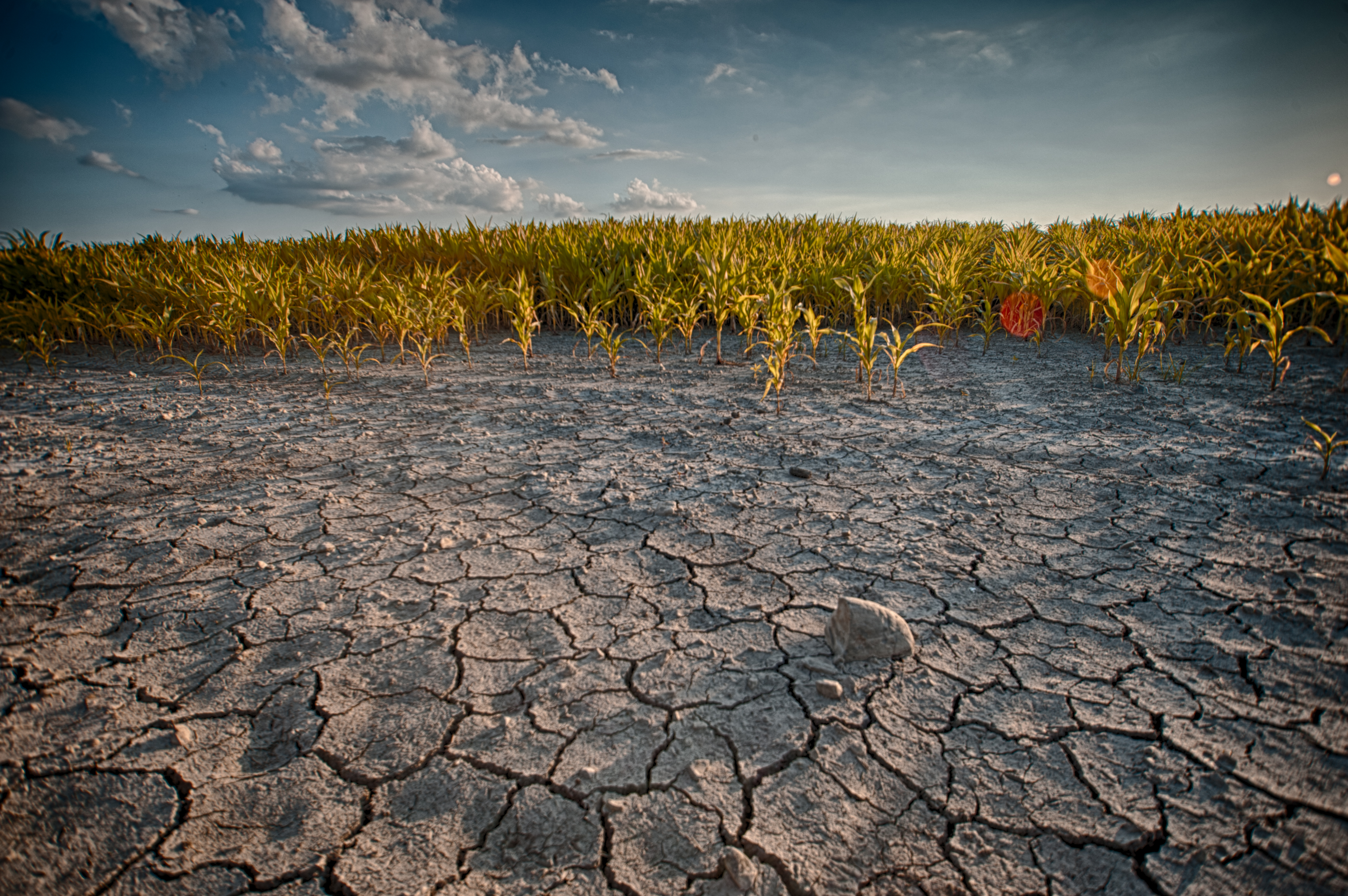Climate change constitutes a real threat to Africa’s development and stunts the continent’s economic potential. Fossil fuel-induced climate impacts such as prolonged droughts and frequent floods continue to adversely affect agriculture, fishing industries and communities that rely on these products for their livelihoods.
As governments meet in Marrakesh for COP22, climate impacts continue to take hold throughout the African continent. This blog looks at the water scarcity crisis which continue to worsen due to the continued effects of climate change in Africa and Middle East.
At the heart of the climate disaster is water scarcity, affecting rural and urban Africans across the board as clean, reliable water sources are diminishing at an alarming pace. Despite the efforts deployed in the recent years, African governments are struggling to guarantee access to safe water to everyone, especially in rural and remote areas.
But what is making the current water crisis even worse is that some governments continue to support the fossil fuel companies involved in coal mining and the extraction of shale gas using fracking. Coal is a significant emissions contributor that is speeding up the current planetary crises. The life cycle of coal in electric generation has long-lasting negative impacts on the environment. Communities not only suffer from long-term exposure to deadly toxins, but experience severe water shortages as demand for the scarce commodity increases.
Across the board, households and small-scale farmers are issued with water saving tips while mining industries plunder and consume large quantities of the scarce resource. However, whereas water used in farming and households can cycle back into drinking water reserves, water used in mining is irretrievably contaminated. Acid mine drainage further pollutes downstream sources, meaning there is little amounts left for human consumption.
 Photo credit: EC/ECHO Maria Olsen
Photo credit: EC/ECHO Maria Olsen
Thirst continues for many in Africa. As the region faces a bleak summer where weather conditions and unpredictable temperatures cause chaos. Dams and reservoirs are running dry.
Agriculture, especially maize, undoubtedly the most important grain crop in the region, is threatened with the continued drought. Food insecurity and malnutrition in the Horn of Africa has been exacerbated by El Niño in recent months, leaving approximately 24 million people in need of emergency food assistance. Southern African states have also been negatively impacted by this phenomenon between October 2015 and April 2016. For the second consecutive year, El Niño-induced drought has seen agricultural production has declined by 9.3 million tons. (El-Nino Southern Africa)
Water resources are inextricably linked with climate change and have serious implications to regional development, compounded with the added challenges from a growing population, deforestation, land and soil erosion. In East Africa, 13,000 hectares of Mount Kilimanjaro have been destroyed by climate change, cutting off a year’s supply of drinking water for over a million people. In South Africa extreme heat and lack of rain has forced government to forge ahead with stringent water cuts. The dire situation will not improve for the foreseeable future.
This is a life and death crisis, in particular for women in rural areas, as it goes without saying that water is life. The current situation is more serious than we have been led to believe. Governments need to place a moratorium on all new water licenses and fossil fuel industries if we are to eradicate the water crises.


